 July 9, 2013
July 9, 2013
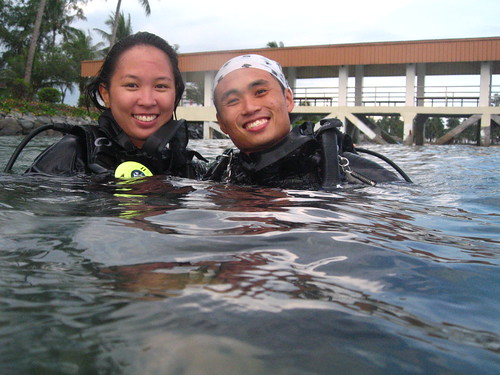
SAVING GAIA: Ms Debby Ng off Pulau Hantu with a fellow Hantu Blog volunteer, Mr Khoo Min Sheng. PICTURE: The Hantu Blog
The New Paper
July 6, 2013
By: Jose Hong
Read the rest of this entry »
 Posted in News
Posted in News  No Comments »
No Comments »
 June 22, 2013
June 22, 2013
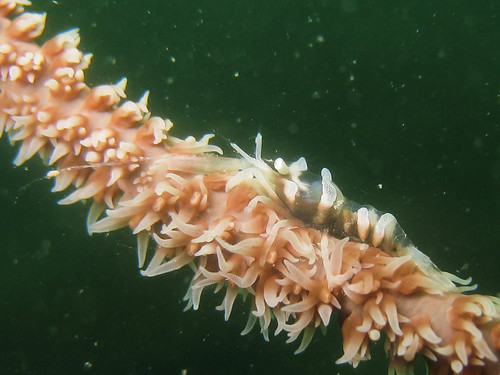
On the last day of the Mega Marine Survey, we visited the wild wild western reefs of Terumbu Pempang. These submerged reefs are less frequented by leisure divers as they are not easy to find, and even the seasoned researchers we had aboard our vessel had not dived these reefs before! Shortly into the dive, there was this beautiful Gorgonian shrimp. This individual has a beautiful pair of pincers. Read the rest of this entry »
 Posted in Events, News
Posted in Events, News  2 Comments »
2 Comments »
 June 22, 2013
June 22, 2013
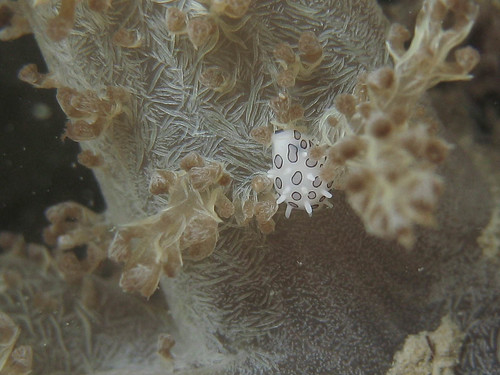
There’s life to be found in all sorts of weird and unexpected places on the reef. This tiny and beautiful cowrie was found on the surface of a soft coral at Pulau Jong, on a dive survey conducted during the Mega Marine Survey. It would have been easily missed without careful inspection! Read the rest of this entry »
 Posted in Events
Posted in Events  No Comments »
No Comments »
 June 6, 2013
June 6, 2013

If you love taking a closer look at life on the reef, you’ll love diving in Singapore. Though we do get surprised by some mega fauna every now and then – we’ve had schools of batfish, barracuda, and Silver moonies – to authentically enjoy Pulau Hantu’s reefs, we have to marvel at the impressive diversity of fauna that can fit within the palm of our hand. (Above: Goby on sponge) Read the rest of this entry »
 Posted in Biology, Blog Log
Posted in Biology, Blog Log  No Comments »
No Comments »
 July 9, 2013
July 9, 2013 
 Posted in
Posted in 



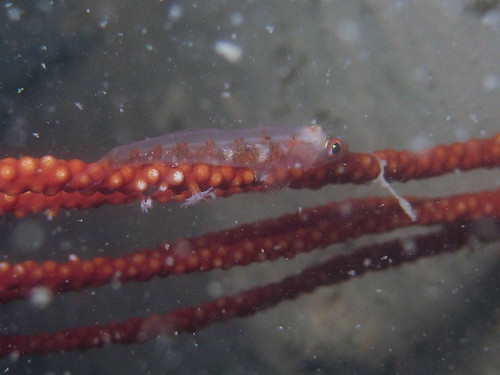
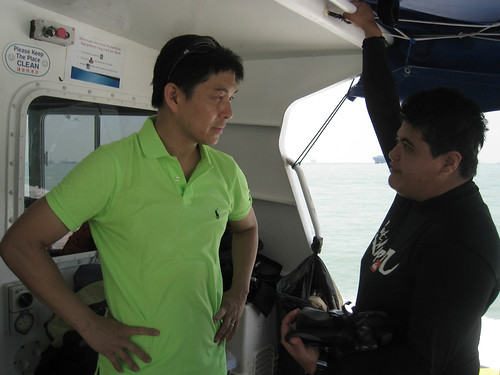
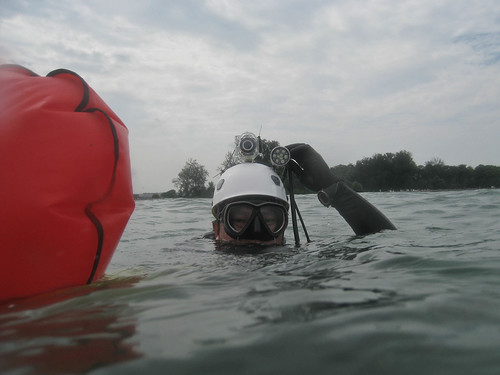
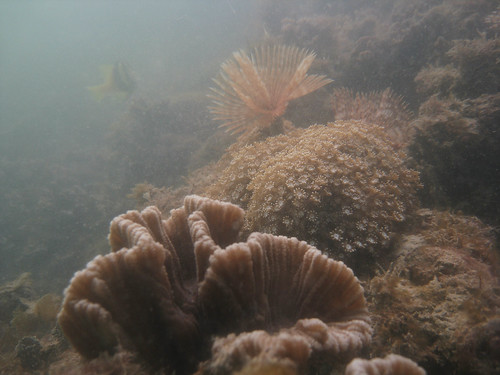

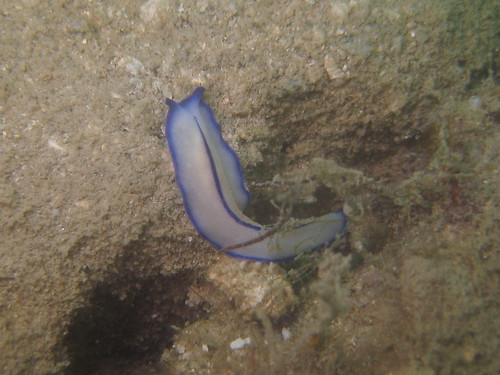




 content rss
content rss
COMMENTS